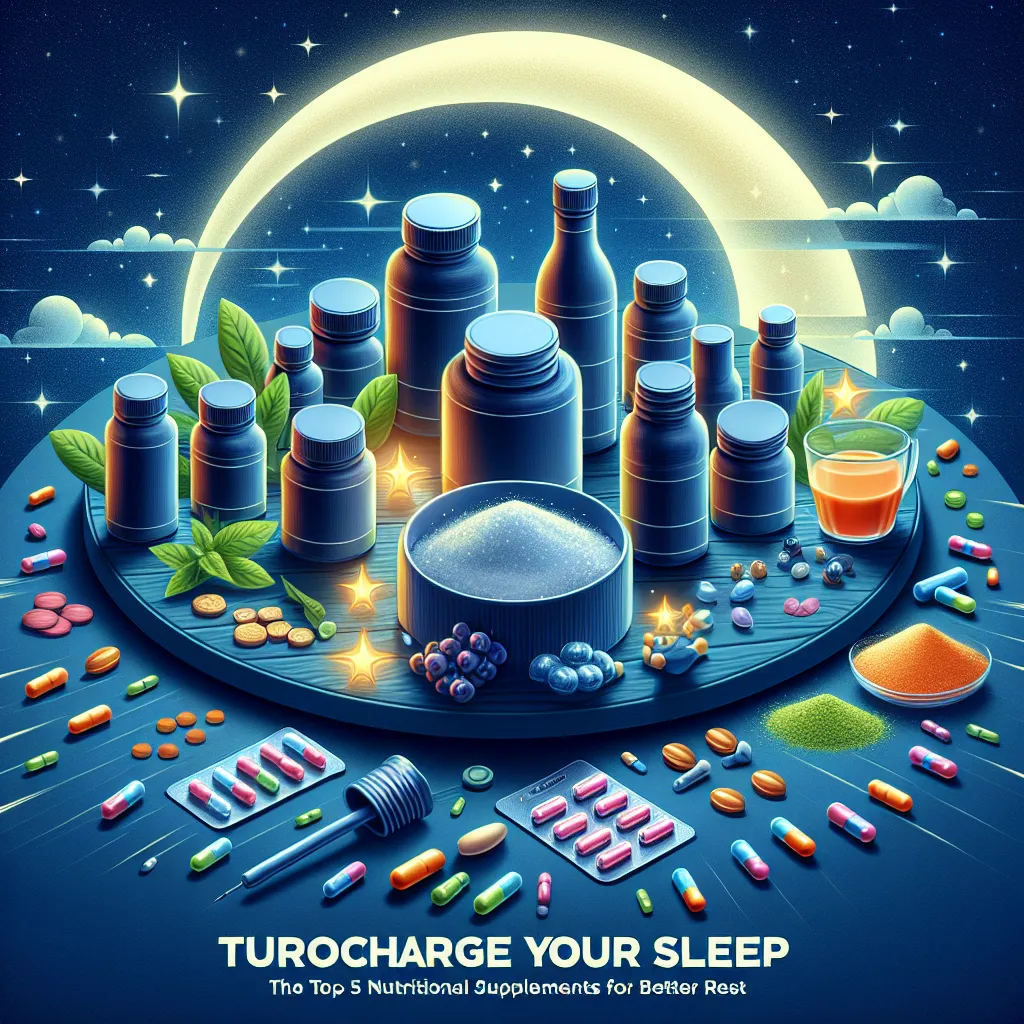Melatonin
Melatonin is a hormone that your body naturally produces when it's time to sleep. Often referred to as the "sleep hormone," it helps regulate your body's internal clock, signaling to your brain that it's time to wind down and go to bed[^1^]. Supplementing with melatonin can be particularly beneficial for those suffering from insomnia or jet lag[^2^].
Magnesium
Magnesium is a vital mineral that plays a role in many bodily functions, including sleep regulation[^3^]. Research suggests that magnesium can improve sleep quality, especially in those who have insomnia, by activating the parasympathetic nervous system, the system responsible for promoting calm and relaxation[^4^].
Lavender
While not a nutrient in the traditional sense, lavender is a herbal supplement that has been widely studied for its potential to improve sleep. Lavender is thought to work by calming the nervous system and reducing stress, anxiety, and mild pain, which may interfere with sleep[^5^]. Lavender can be taken as a tea, essential oil, or in capsule form.
L-Theanine
L-Theanine is an amino acid found in tea leaves and certain types of mushrooms[^6^]. It's known to promote relaxation without causing drowsiness, making it a popular supplement among those struggling with stress-related sleep problems. Research suggests that L-Theanine can improve sleep quality by boosting levels of calming brain chemicals and reducing levels of excitatory brain chemicals[^7^].
Glycine
Glycine is an amino acid that your body uses to produce proteins. Studies indicate that glycine may improve sleep quality by lowering body temperature and promoting the onset of sleep[^8^]. Glycine can be taken as a supplement, or it can be consumed through protein-rich foods like meat, fish, dairy, and legumes.
Conclusion
Good sleep is crucial for overall health and well-being. If you're having trouble getting a restful night's sleep, adding one or more of these nutritional supplements to your routine may help. However, it's always best to talk to a healthcare provider before starting any new supplement regimen. Your sleep struggles might be a symptom of a larger issue that needs to be addressed, and a healthcare provider can help you explore all your options for better sleep.
^1^]: [The Role of Melatonin in the Circadian Rhythm Sleep-Wake Cycle
^2^]: [The Effectiveness of Melatonin for Promoting Healthy Sleep
^3^]: [The Importance of Magnesium in Clinical Healthcare
^4^]: [Magnesium and Sleep Disturbances
^5^]: [Lavender and the Nervous System
^6^]: [The Effects of L-Theanine on Objective Sleep Quality
^7^]: [L-Theanine, a Natural Constituent in Tea, and Its Effect on Mental State
^8^]: [Glycine Ingestion Improves Subjective Sleep Quality



